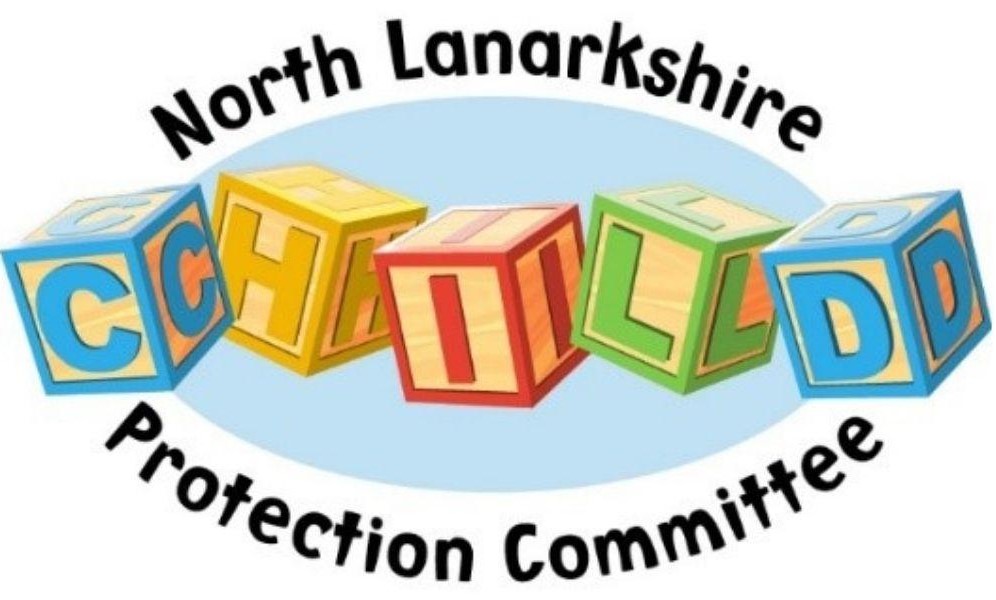Non-familial harm is defined as risks to the welfare of children that arise within the community or peer group, including sexual and criminal exploitation. A key element of non-familial harm is that in general, harm does not arise from the home environment; parents may not be aware that their child is at risk or may be struggling to protect their child and the family from harm against exploiters. children can be at risk wherever they choose to spend their time, including in schools, in the community or online. Therefore, the location and context the child is in is important.
However, sometimes parental neglect and lack of supervision may contribute to the young person’s exposure to extra-familial harm. Children who experience difficulties or instability at home may be more likely to spend more time outside of home and hence be more vulnerable to non-familial harm.
Non -familial harm can take the form of -
- child sexual exploitation
- online grooming, sharing of images.
- child criminal exploitation including drug dealing.
- modern slavery and trafficking
- gang activity and youth violence
- radicalisation
